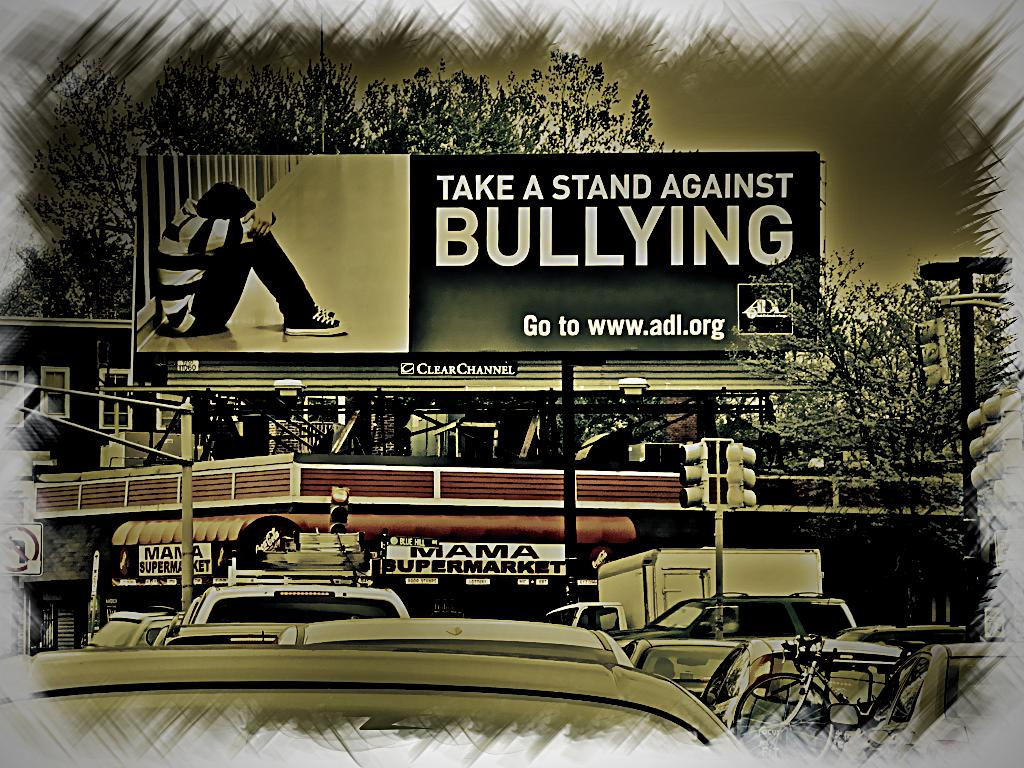When your teenage boy starts doing things that make you afraid for his future and his behavior is negative and even violent, it can make you feel hopeless, sad and confused. After all, no parent wants their son to struggle through their teenage years, learning life lessons the hard way. It’s possible to identify the risk factors in teenage boys so that you can identify some of your son’s issues early rather than later. The sooner your troubled teen boy receives professional help, the sooner he can take those steps to a happier and healthier life.
So what are the risk factors in troubled teenage boys? Researchers have spend long hours looking at studies and statistics to identify some of the most common factors. While there are no set sequence of events that will create a troubled teen boy, and some teen boys with risk factors won’t become troubled, there is some merit to the common risk factors. As a parent, you should pay attention to any factors that appear in your son’s life so that you can intervene early as needed.
Here are 5 risk factors that appear frequently in the lives of troubled teen boys:
- Chaotic Home Life: If a child’s home life is full of stress, this could boost a boy’s risk of depression, anxiety, rebellion and more. Home stress could include divorce, financial troubles, death, trauma and poor parenting techniques (too permissive or too restrictive). When a child’s home life is in upheaval, it’s difficult for them to learn appropriate coping skills, develop self esteem and create a proper support group.
- Victim of Abuse: Whether your son is a victim of bullying or has been the recipient of physical or sexual abuse, this factors heavily into how a teen boy sees himself and others. The abuser could be peers, family members or someone in authority over the boy, but the results are the same–a confused, angry, embarrassed boy who has a lot of emotional scars.
- History of violence: When a child is violent, it often means they don’t have the tools to deal with their emotions and find non-violent solutions to stress or challenges. Children who are violent or grow up in a violent home are more likely to become violent into their teenage and adult years.
- Substance abuse: Beyond innocent teenage experimentation, drug or alcohol abuse can affect a teenage boy’s mood, judgement and mental state. It can heighten already existing mental health issues and lower inhibitions for bad behavior. Addiction is also a difficult thing for teens to overcome alone, contributing to their troubles and stress.
- Mental health: While not all teenage boys with mental health issues are troubled, it can be a contributing factor in those who are. Especially when a condition is not diagnosed or treated, mental health challenges can quickly link many of the other factors together.
If your child has one or more of the risk factors, remember that it doesn’t automatically mean that his teenage years will be full of trouble. However, since there are some common factors that researchers have found in the lives of troubled teens, it helps you to be more aware if and when your teen son starts to experience stress and challenges in life. You will be there to help and guide him to a healthy, happy life.
Are there other risk factors that you are aware of that might also contribute to a troubled teenage boy?










0 Comments